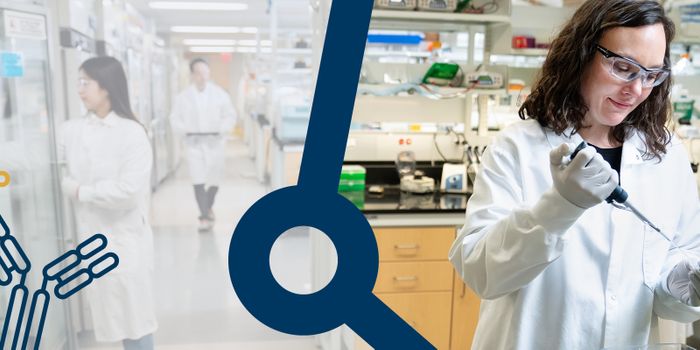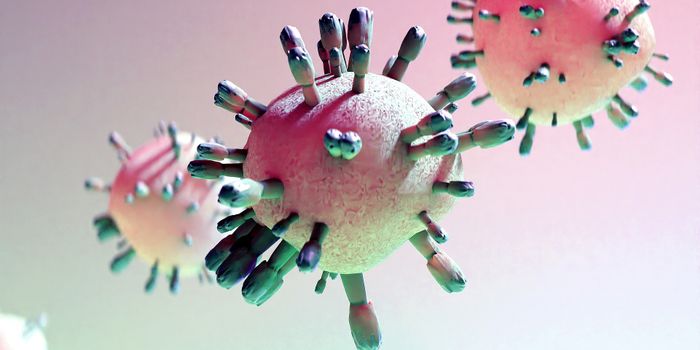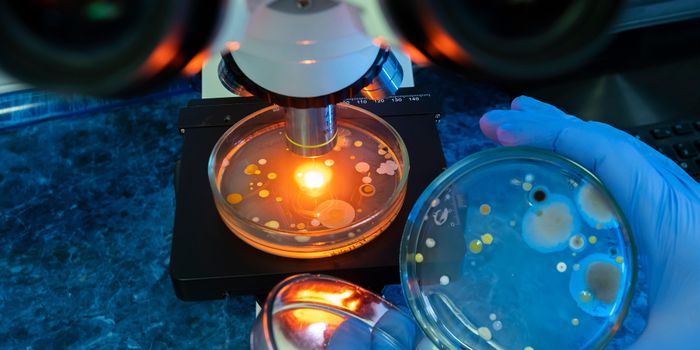Chemical Found in Everyday Items Linked to Cancer
Multiple recent studies found adverse links between alcohol consumption and breast cancer. Now a new study may have identified the mechanism behind how byproducts of alcohol, known as aldehydes, can trigger cancer. In particular, researchers say aldehydes promote cancer by messing with the cell’s ability to repair damaged DNA.
Aldehydes are a common class of chemicals found in living organisms, as well as in the environment. Alcohol, when broken down by the body into acetaldehyde, is one big source of the compound that our bodies are exposed to. Another well-known aldehyde is formaldehyde, a widely-used embalming agent. But we don’t have to be drinking or dead to be exposed to aldehydes. In fact, we are exposed to this chemical everyday, as it is found in vehicle exhaust, shampoos, glue, and other building materials.
To understand the mechanism behind how aldehydes may promote cancer, scientists from the University of Cambridge studied the chemical’s behavior on breast cancer cells that have a mutation in the BRCA2 gene. Mutations in the BRCA1 and BRCA2 genes, which are involved in DNA repair, can significantly increase an individual’s risk for breast and ovarian cancer, as well as recurrent cancers or later cancer in the opposite breast.
The researchers found that aldehydes interfere with DNA repair. Specifically, the chemical degrades the BRCA2 protein in cells, which effectively shuts down the cell’s ability to repair damage to the DNA. This is especially crucial in cells that only have one intact copy of BRCA2, as aldehyde would strip the cell of this gene’s ability to prevent mutations.
"Our study shows how chemicals to which we are increasingly exposed in our day-to-day lives may increase the risk of diseases like cancer," said Dr. Ashok Venkitaraman. "It also helps to explain why 'the faults in our stars' - namely the faulty genes we are born with - could make some people particularly sensitive to the cancer-causing effects of these chemicals.”
While we are all born with two copies of BRCA2, some people (about 1 in 100) have mutations that render one copy of the gene inactive. When only one copy of BRCA2 is available, the risk for breast cancer, ovarian, prostate, and pancreatic cancer increases, as the ability for cells to repair DNA damage is halved. The current study show that aldehydes seem to worsen these odds even more.
"An important implication of our work is that it may be aldehyde exposure that triggers cancer susceptibility in people who inherit one faulty copy of the BRCA2 gene. This may help us in future to prevent or treat cancer in such people."
But it’s also important to remember that this biological link in cells, in a laboratory-controlled setting may not tell the whole story. In particular, while the study emphasized the ubiquity of this potentially carcinogenic chemical in our environment, it’s not too different from other chemicals that carry the same cancer risks, such as caffeine and bisphenol-A (BPA).
Additional source: MNT









